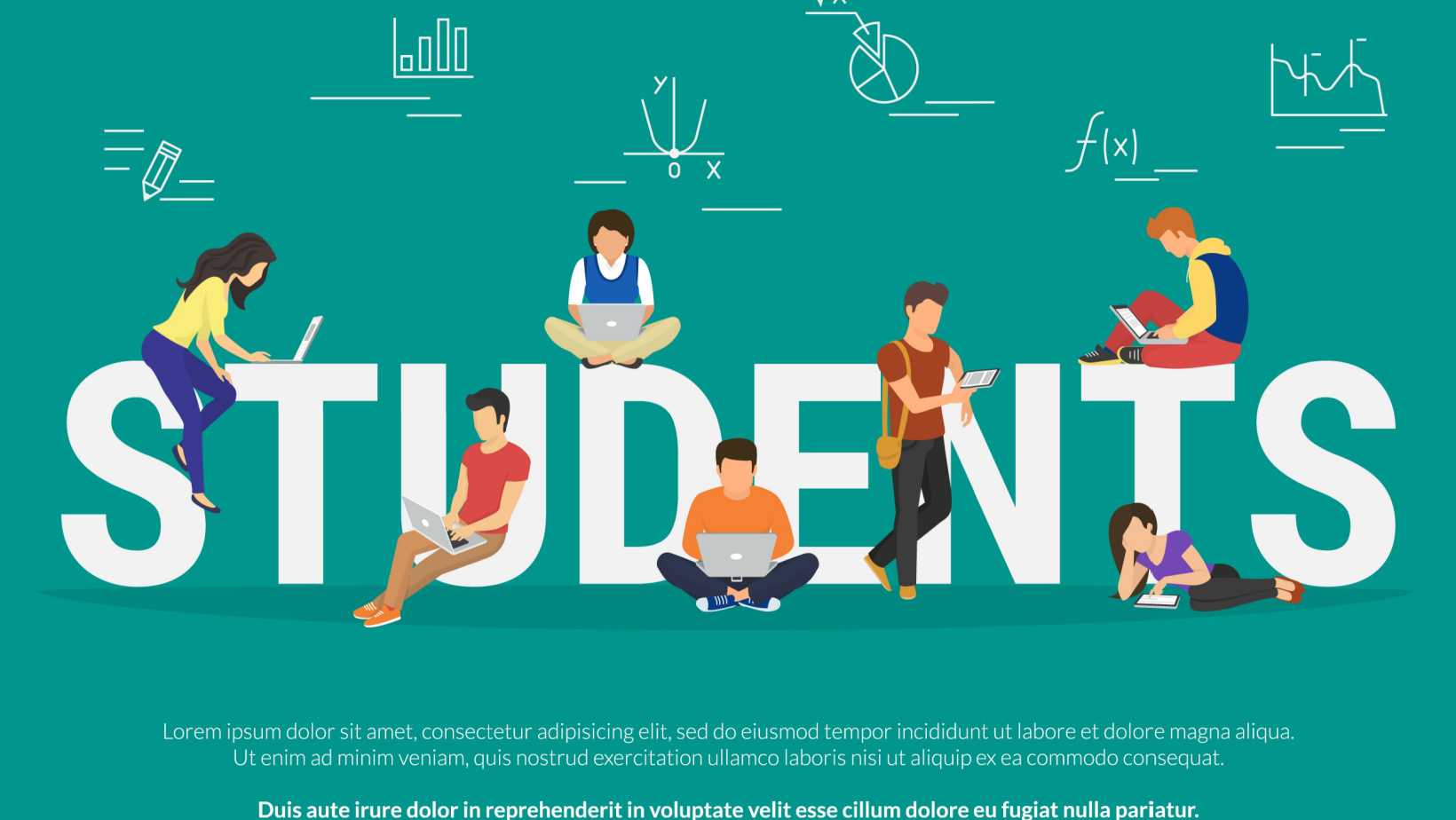How to Protect Your Professional Futures
Law students and medical students are like everyone else, albeit, under extraordinary stress. Some tend to drink and do things that undergraduate students do. However, once they get charged, even with misdemeanors related to alcohol and drugs, there can be special professional consequences. If you are currently enrolled in or aspiring to go to law school or medical school, there are several things about which you should be aware.
Personal Licensing Boards
Professional regulatory agencies, such as the Arizona State Bar and Arizona Board of Medicine, look beyond the record of conviction. This means that even if a criminal case is dismissed, a student or aspiring applicant may face a board or committee looking with a keen eye at police reports, blood alcohol results, and other documents related even to dismissed conduct. In a nut shell, regulatory agencies look particularly at two issues related to professional life: (1) integrity; and (2) substance abuse.
Integrity & the Handling of Your DUI Matter
First and foremost, professional licensing is all about integrity. Think about it: you wouldn’t want a doctor or a lawyer whose integrity is questioned handling an important matter for you. Therefore, when you disclose a misdemeanor DUI or drug citation on your licensing board application, the regulatory agency will normally ask for the police reports. They will then ask for an explanation. I have seen Board Hearings go poorly for these students/applicants. For instance, a student might say he had only “two drinks” to the police, but the alcohol concentration report states that it exceeded that by a factor of two.
You might think you are between a rock and a hard place: either you were not telling the police the truth, or not telling the Board the truth. I think it is extremely important when confronted by an inquiring regulatory agency that you think about your answers carefully to avoid being perceived as minimizing or withholding information.
You would, in my view, want to be represented, if possible, by experienced counsel, who understands professional licensing inquiries into criminal conduct.
Potential for Drug & Alcohol Abuse
Second, regulatory agencies screen for emerging substance abuse, including alcohol. They want to find out particularly if an applicant is hiding a latent drug or alcohol problem. It is important, therefore, I think, to address this situation head-on and early.
We routinely suggest that criminally charged medical and law school students, as well as other professional students, immediately complete drug and alcohol screenings, and education and treatment classes. This allows the students, at the least, in our view, to demonstrate later when they are reviewed by a professional licensing board that they accepted full responsibility and voluntarily sought alcohol education and treatment, and before being ordered to do so by a court. Moreover, as resources permit, we often counsel our clients to seek private, professional evaluations by board certified psychiatrists or psychologists. If there is a finding early on that there is no indication of alcohol or drug abuse, it may serve well the student later in the process.
Documents Commonly Requested
Typically, in terms of criminal conduct, professional licensing boards routinely request the (a) charging documents; (ticket or interim complaint); (b) police reports; (c) toxicology results; (d) plea agreement, if any; (e) sentencing minute entry (if any) or dismissal order; and (f) certificates of completion of alcohol or drug education.
It is good to gather these documents during the pendency of the criminal case and set them aside for use in the future, no matter the outcome of the criminal proceedings.
Your Future
All of you have worked hard to enter law or medical school or position yourselves to do so. Handled properly, a single misdemeanor DUI or drug citation should not derail your professional careers.
Recommended Articles

University of Arizona students are all too often cited or arrested for misdemeanor “disorderly conduct.” This blog addresses the charge of ARS § 13-2904 “disorderly conduct” as it relates University of Arizona students involved in late-night altercations, both minor and substantial.

In Arizona, if you are under 21 you basically can’t legally drink .Any amount of alcohol in your system with few exceptions, nearly always no matter where you are and what you are doing, is illegal.

This Guide is designed to help the parents of the UofA students make informed decision in protecting the future of their children.

First, understand that in the dorms, your child’s privacy rights as a practical matter are left at the key-carded entrance.

For those of us who live near or spend our some of our vacation time in these Western States, dominated by beautiful federally-controlled lands

About Michael Harwin
Michael’s skill and experience have been recognized repeatedly. He holds an A-V 5/5 preeminent rating by Martindale Hubbell. He has been named one of the top lawyers in Arizona by Southwest Superlawyers, and one of the best lawyers in Tucson by Tucson Lifestyle Magazine. He also has been named one of the best lawyers in the United States by BestofUS.com , and given the highest rating possible by AVVO, 10/10 Superb. Amazon Books

